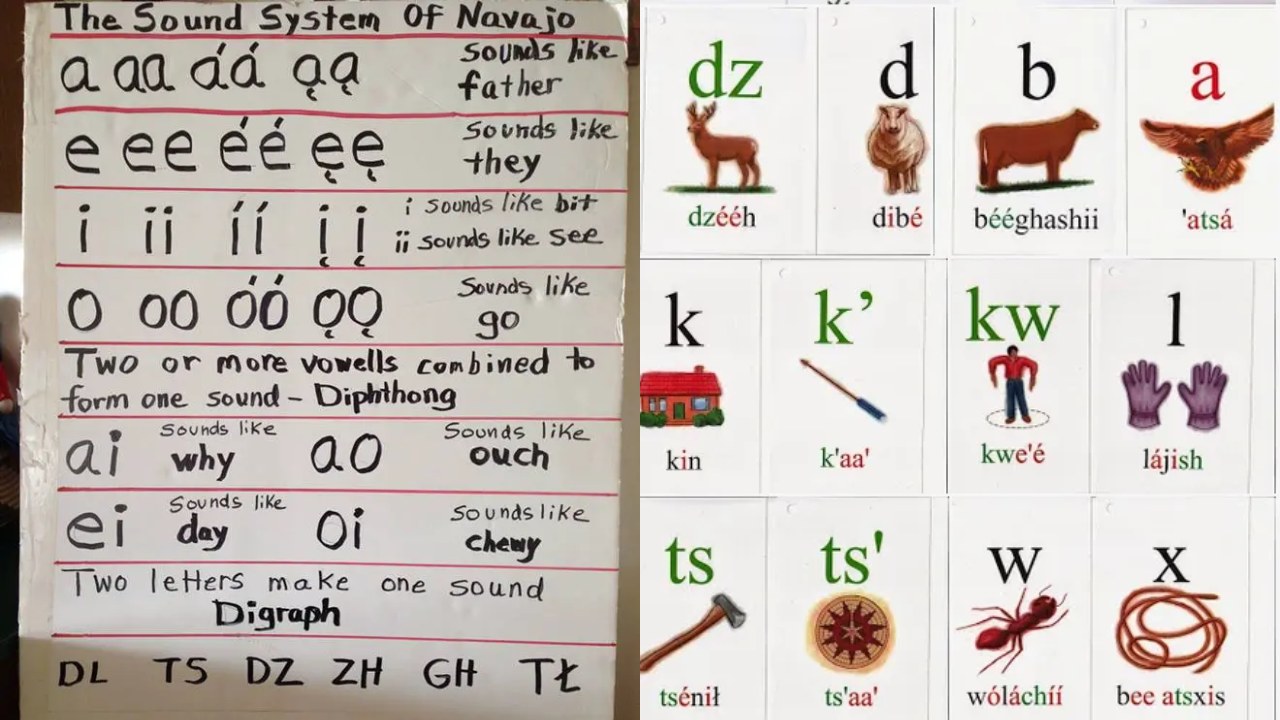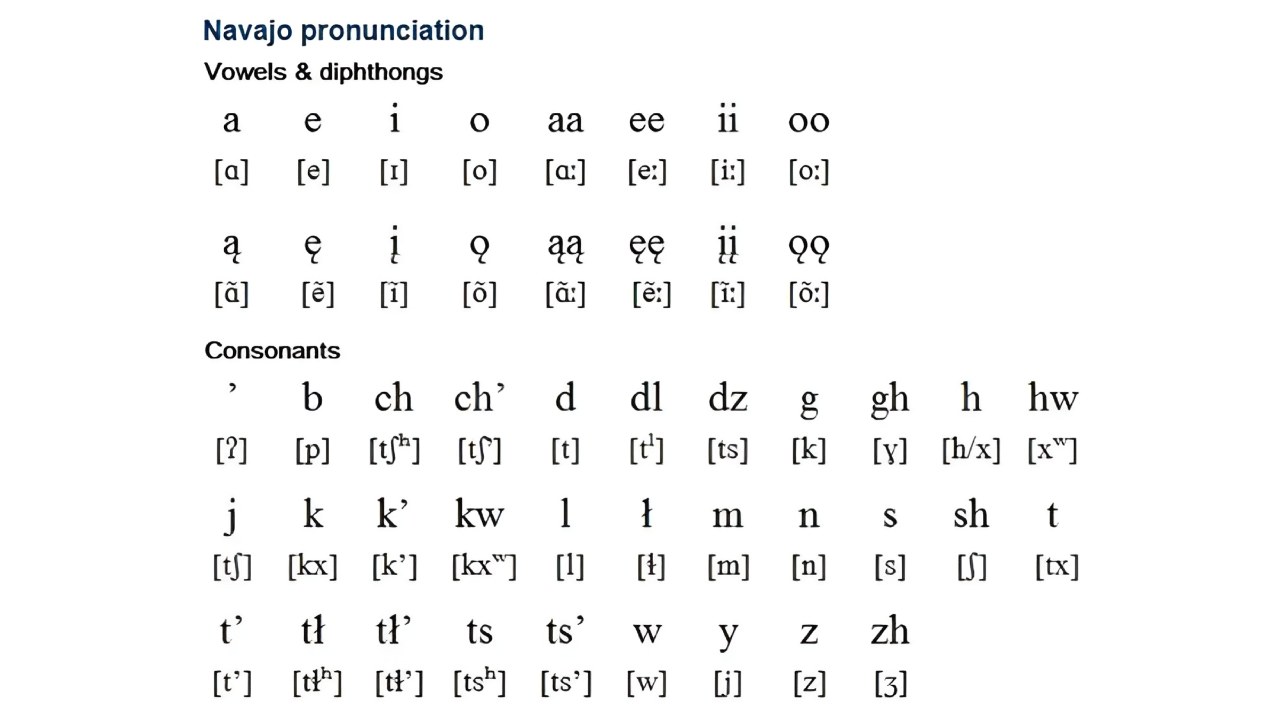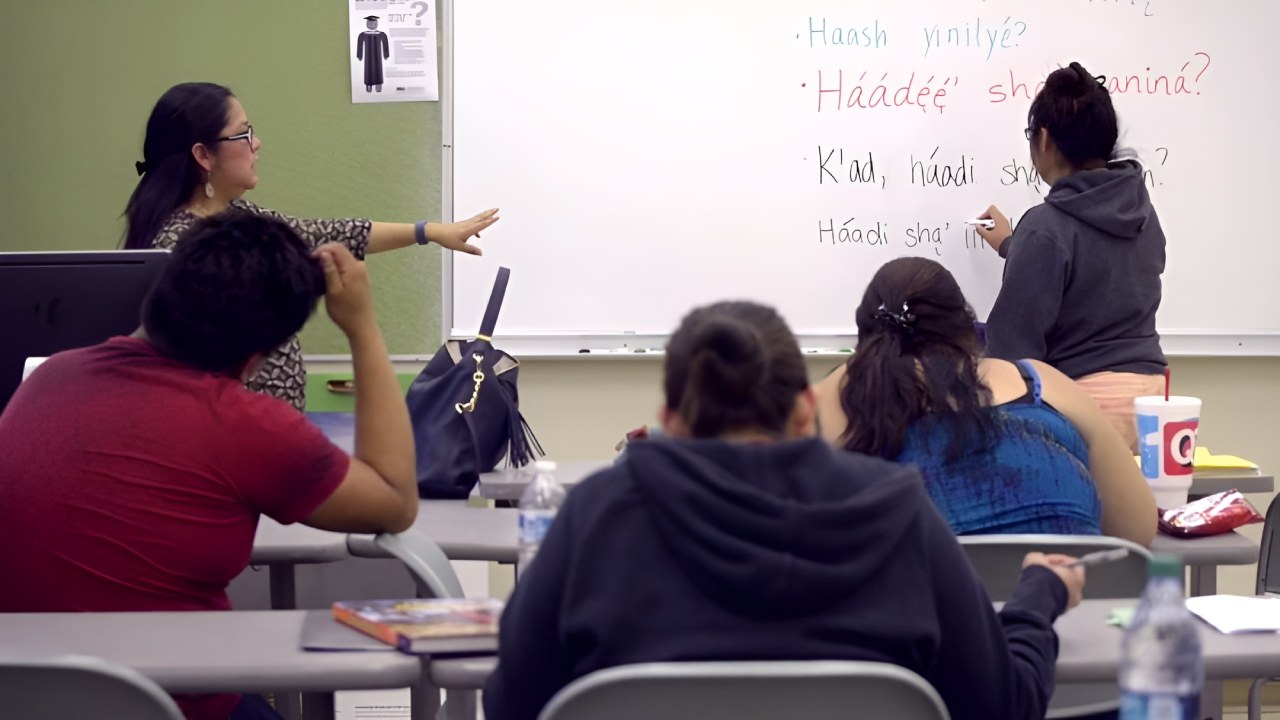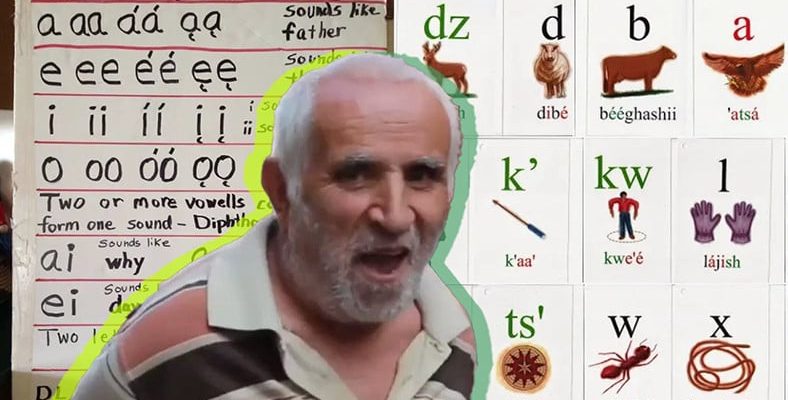There are more than 7000 languages in the world, from 142 different language families. Of course, every language other than our mother tongue is quite foreign to us, and we have to go through quite difficult paths to become able to write and speak a language we are not familiar with.
Simply put, even English, which we have struggled to learn since our childhood, has been a challenge for us, right? However, let alone English, it is a language that is much more difficult to learn and understand than English, and even What if we said that it has managed to be called the most difficult language in the world?
Alright Navajo This language called it’s that hard What does?
In fact, the main thing that makes Navajo distinctive is its culture.
Mainly Navaho people living in New Mexico and Arizona, one of the largest Native American groups in the United States. The Navajos, numbering nearly 400,000 tribal members, are estimated to have come from northwestern Canada and were forced to move to their current location by the federal government in the 1860s.
There are many opinions that this language, which the Navajo people call Diné Bizaad (the language of the people), separated from Apache between 1300 and 1525 AD. Also, both Apache and Navajo; spoken by indigenous tribes in Alaska, Yukon, and British Columbia It belongs to a language family called Athabasque.

However, learning this language is so difficult that the USA, aware of this, For encrypted messaging during World War II used this language.
So why is Navajo so difficult?

Let alone learning this language, even listening to it is quite difficult. Because Navajo is tonal, just like other languages in the Athabasque language family. Well The situation where words with the same spelling have different meanings depending on how they are pronounced is in question.
For example, the word “bita” means “in the middle of” while “bitaa” means “(his) father”. In fact, the words are the same, but the pronunciation is different. Saying the vowel long or short changes the meaning.
Moreover, Navajo not only distinguishes between long and short vowels.

At the same time, vowels It has a distinction such as being pronounced in 4 different pitches. also goes. These curtains; The pitches are high (áá), low (aa), rising (áa) and falling (aá). This pitch distinction makes Navajo the most difficult language to learn.
On the other hand, Navajo has a complex phenology that includes sounds not found in many other languages. While our alphabet has 21 consonants and 8 letters, Navajo 33 consonants and 12 vowels has.
Of course, difficulty in pronunciation is not the only thing that makes this language difficult.
Navajo is a verb-centered language, and these verbs change depending on how a particular action is performed. Namely, while “násh’ááh” means to handle something once, “yish’ááh” to go over something again and again It means.
Besides, if a particular action involves an object The verb also varies depending on the structure of that object. For example, the verb “to give”; It varies depending on the various properties of the hard, flexible, long and flat object.
In fact, when someone is asked for a glass of water in this language, o choose the verb depending on whether the glass is empty, full or half full And it is necessary to want it that way.
Unfortunately, Navajo is one of the most dying languages.

One of the biggest reasons that led this language to disappear is that Navajo children preferred to speak their native language until 1970. is that he has been rejecting this for the last 30-35 years. Linguists also suggest that there are different reasons behind this decline.
For example, in a world dominated by English, learning Navajo is not very advantageous for young people, and for this reason, Navajo outdated language is seen as.
Again, some Navajo children were afraid of being discriminated against because they were Native Americans. They consciously choose not to speak their native language. Still, linguists and various organizations continue to do their best to keep this language alive.
Our other content that may interest you:
RELATED NEWS
How fast will you be able to do in this language test, which also includes questions from Turkish? (Under 5 Taksim Dede…)
RELATED NEWS
Are Languages Like Italian and Japanese Really Faster? How is the situation in Turkish?
RELATED NEWS
Why Did Humanity Develop Thousands of Different Languages While There Is Only One Common Language?
RELATED NEWS
